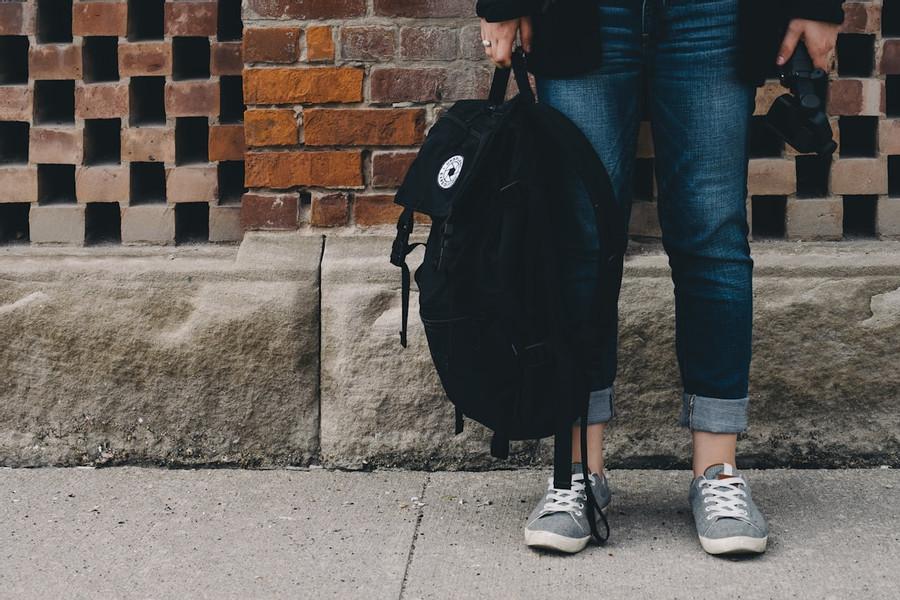The Effects of Parental Pressure on Children’s Mental Health
Curated from: psychcentral.com
Ideas, facts & insights covering these topics:
9 ideas
·1.24K reads
6
1
Explore the World's Best Ideas
Join today and uncover 100+ curated journeys from 50+ topics. Unlock access to our mobile app with extensive features.
Parental pressure
This is the emotional stress parents impose upon their children and is often related to academic performance, extracurricular activities, social standards, appearance, friendships, and romantic relationships.
Certain parenting experiences might prompt you to pressure your kids to make different choices, such as when:
- your child struggles with something that came easily to you
- your child makes different life decisions than you did
- your child chooses friends who you think are poor influences.
You may feel that your own choices could make their lives easier, more successful, or earn you the admira
15
167 reads
Types of parental pressure
There are two main forms of parental pressure: direct pressure and indirect pressure.
- Direct pressure often involves yelling, force, or complaining.
- Indirect pressure may involve guilt-tripping your child or reminding them of rigid expectations.
15
180 reads
The mental health effects of parental pressure
Excessive or inappropriate parental pressure carries many mental health consequences for kids as they grow up.
Studies suggest that children who grow up with parents who yelled, shouted, or verbally humiliated them may have a greater likelihood of experiencing challenges such as:
- depression
- negative self-talk
- anger management problems
- physical aggression
- delinquency
- eating disorders and body image
- trouble maintaining relationships.
15
149 reads
What causes parents to pressure children?
Parents might feel the need to pressure their children for many reasons.
- Research shows that 86% of parents pressure their kids because they grew up with distant or negligent parents and wanted to pay more attention to their own children.
- Guilt — often stemming from big life disruptions like moves or divorces — was another reason cited. Parents fear being neglectful during these upheavals, and they overcompensate with parental pressure.
15
134 reads
Use praise more than criticism
Criticism drawing attention to your child’s mistakes or behaviors that bother you can cause your child’s defenses to go up, perpetuating what originally sparked the criticism.
Instead, try praising your child for what they do well. Studies recommend working your way up to offering four times more praise than criticism.
Parenting with praise may boost your child’s confidence and improve your child’s academic performance, reinforcing their belief that they can do the work and be successful at it.
15
126 reads
Focus on health, not appearance
- Avoid teasing or criticizing your child about their weight or appearance. These types of behaviors are strongly tied to the development of eating disorders in young adults.
- Monitoring or restricting food can backfire, leading your child to adopt unhealthy habits and hide them from you.
- Instead, swap discussing weight or body image in favor of encouraging healthy habits, like eating enough nutritious foods and exercising.
15
127 reads
Don’t do your child’s work for them
You might be tempted to intervene in your child’s life out of a sense of duty or control, such as:
- asking your child’s teachers for extra credit
- scolding a classmate who hurt your child’s feelings
- hiding or restricting access to food.
But if you help make your child feel capable, they’ll be more motivated to solve problems in the future. Consider talking with your child about solutions to their problems without attempting to solve them yourself.
14
121 reads
Set rules, not ultimatums
Authoritative parenting — rather than authoritarian parenting — is tied to high self-esteem in children. When parents are overly controlling, children can lose faith in themselves and their ability to do things or listen to their own feelings.
Instead of telling your child that it’s your way or the highway, try setting house rules with their input and enforce them consistently.
13
120 reads
Validate your child’s feelings
It’s easy to assume that your child is a smaller extension of you who feels the same way you do about the same things.
But when you give credence to your child’s feelings instead of seeking to control them — even when they’re not the same as yours — you acknowledge that they’re their own person.
Validating your child’s feelings and keeping communication about emotions open and honest can help your child learn to trust their gut in life
14
122 reads
IDEAS CURATED BY
CURATOR'S NOTE
Parental pressure may come from good intentions, but it can hamper a child’s self-esteem.
“
Brian 's ideas are part of this journey:
Learn more about parenting with this collection
How to communicate effectively with teachers
How to create a supportive learning environment at home
How to manage your child's school schedule and activities
Related collections
Similar ideas
6 ideas
4 Types of Parenting Styles and Their Effects on Kids
verywellfamily.com
14 ideas
What Happened to American Childhood?
theatlantic.com
4 ideas
Read & Learn
20x Faster
without
deepstash
with
deepstash
with
deepstash
Personalized microlearning
—
100+ Learning Journeys
—
Access to 200,000+ ideas
—
Access to the mobile app
—
Unlimited idea saving
—
—
Unlimited history
—
—
Unlimited listening to ideas
—
—
Downloading & offline access
—
—
Supercharge your mind with one idea per day
Enter your email and spend 1 minute every day to learn something new.
I agree to receive email updates




